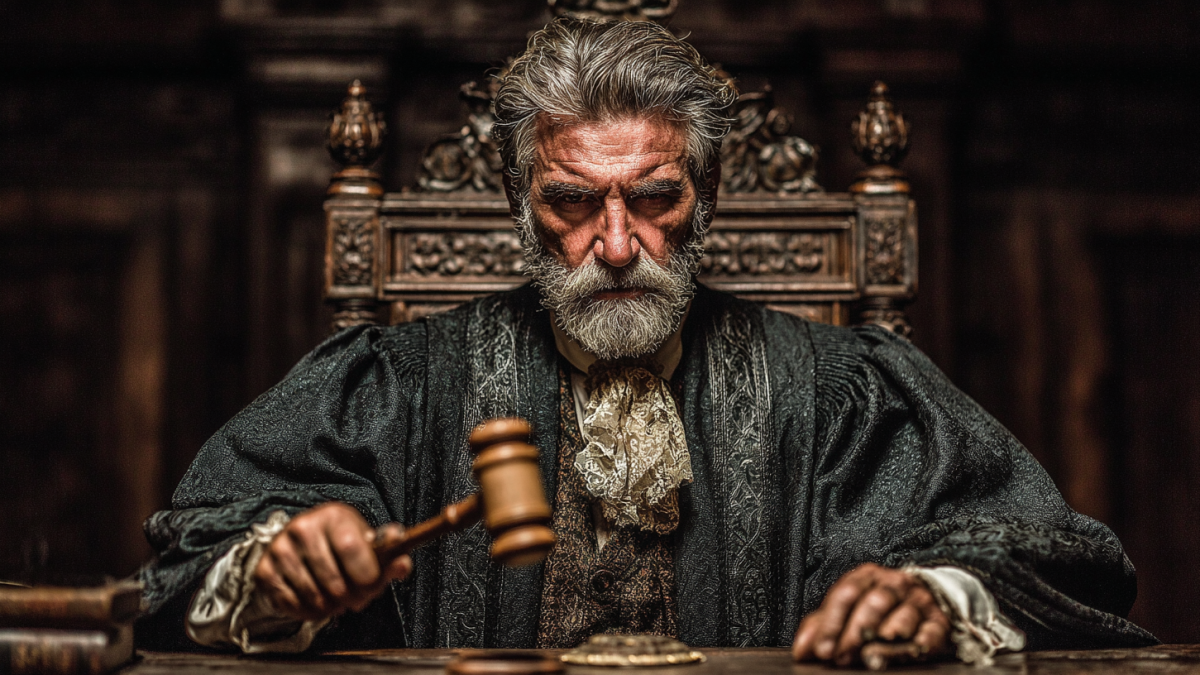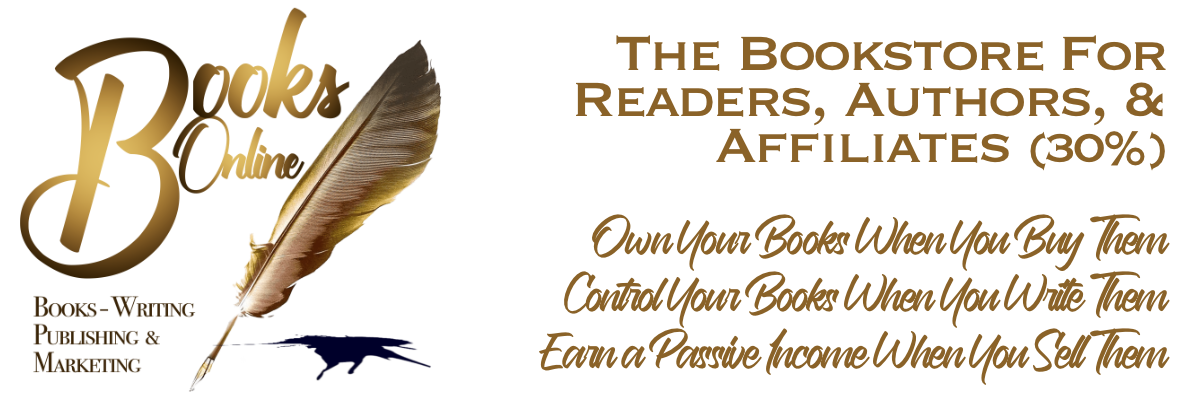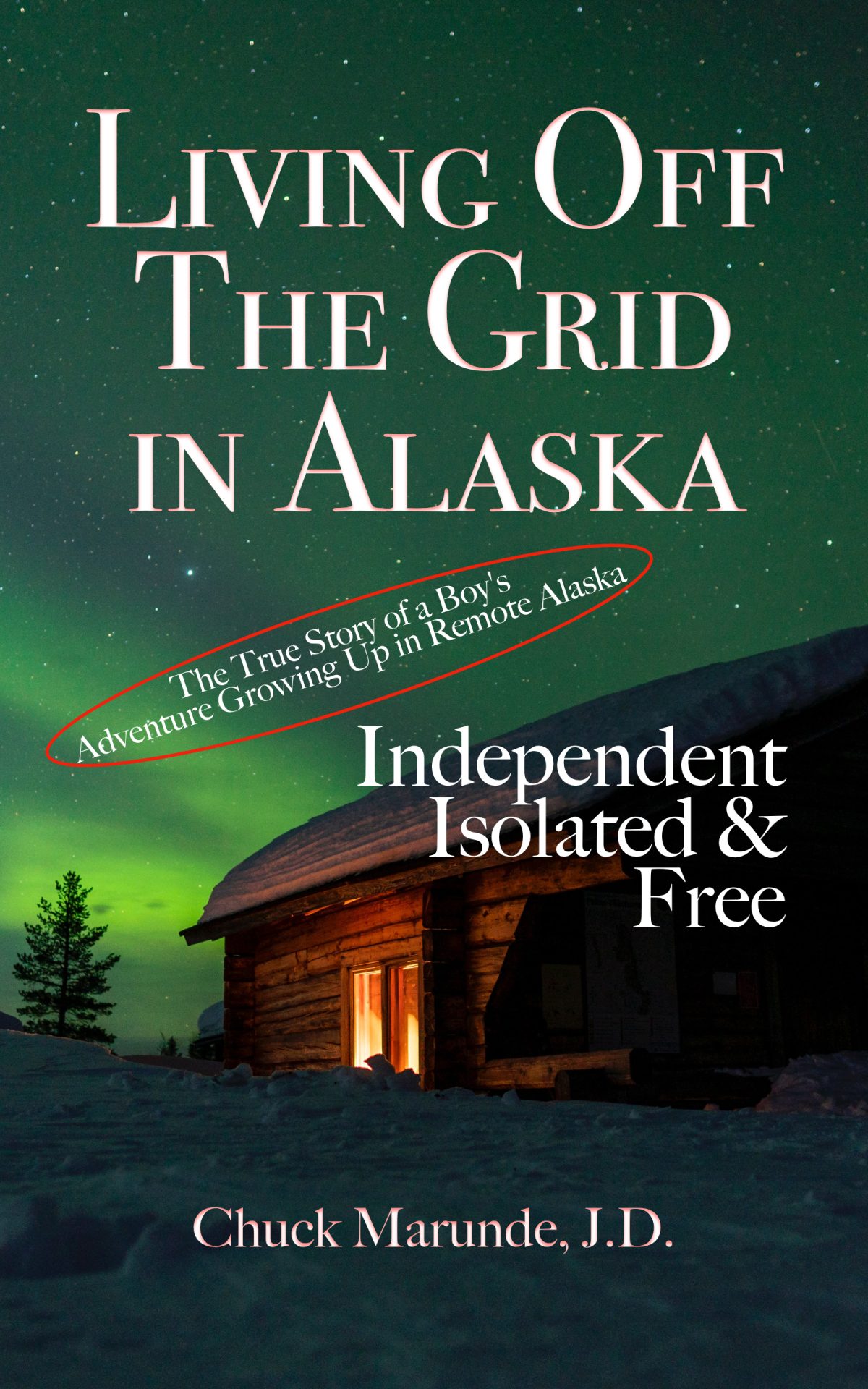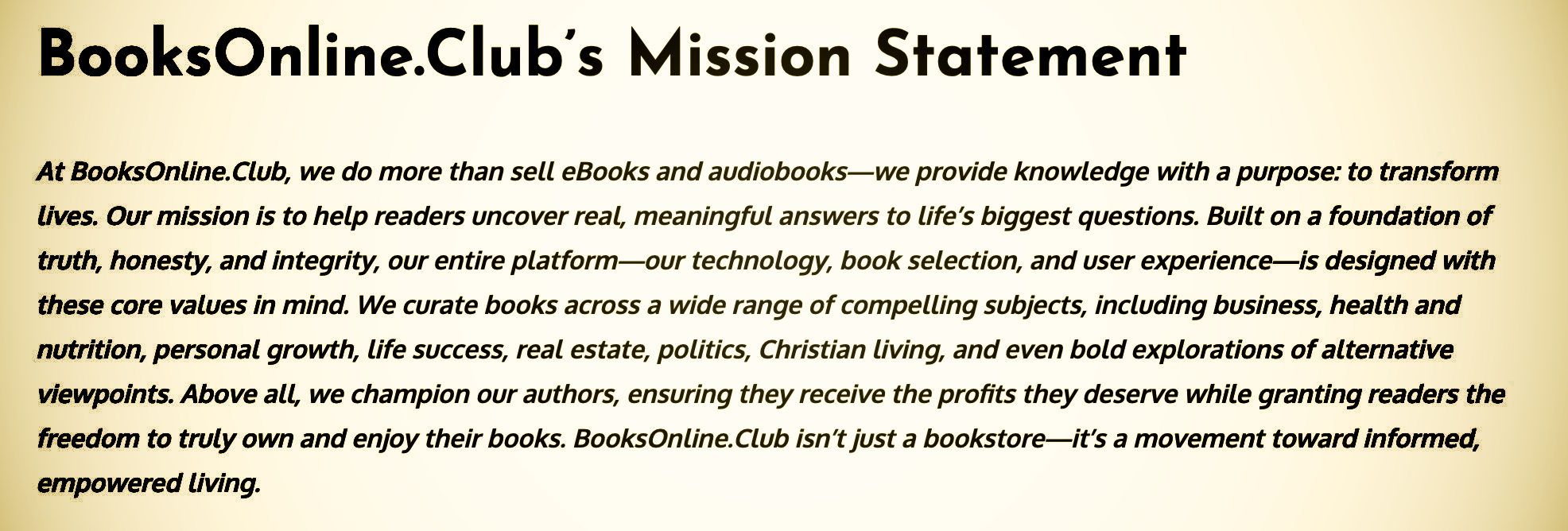
AI Copyright Rulings Stealing Authors’ Work
AI Copyright Rulings Are Shaping AI Copyright Law in the U.S.
As artificial intelligence continues to reshape industries, the courts are stepping in to define the boundaries of copyright law in this new era. Several landmark rulings over the past few months have begun to clarify how U.S. law treats the use of copyrighted materials in training large language models (LLMs) and generative AI. It is most unfortunate, but it seems judges have this proclivity to allow the theft of authors’ work under the ruse of “fair use.” It’s nonsense, but one only needs to follow the money and consider how judges are far from independent. Below is a summary of the most influential court decisions as of mid-2025.
🏛️ 1. Authors Guild et al. v. Anthropic
- Court: U.S. District Court, Northern District of California
- Judge: William Alsup
- Date: June 24, 2025
Summary:
Anthropic, the maker of the Claude language model, was sued by a group of authors for training its AI on copyrighted books. The court ruled in Anthropic’s favor—declaring that using legally obtained books to train an AI model constitutes fair use, much like an individual learning to write by reading published works.
However, the judge drew a sharp distinction when it came to Anthropic’s separate practice of importing pirated books into an internal reference library. That practice is not protected under fair use and will go to trial in December 2025 to determine damages.
🏛️ 2. Tremblay et al. v. Meta Platforms Inc. (LLaMA)
- Court: U.S. District Court, Northern District of California
- Judge: Vince Chhabria
- Date: June 25–26, 2025
Summary:
A group of authors claimed that Meta’s LLaMA models were trained on copyrighted works without permission. The court dismissed the case, citing procedural flaws in the plaintiffs’ arguments and an absence of evidence showing market harm. While the ruling did not go as far as to establish a broad precedent, it was a clear win for Meta, showing that copyright plaintiffs must provide more than speculation to survive early dismissal.
🏛️ 3. Thomson Reuters v. ROSS Intelligence
- Court: U.S. District Court, District of Delaware
- Date: February 11, 2025
Summary:
In this high-profile case, Thomson Reuters sued legal AI firm ROSS Intelligence for using its Westlaw legal headnotes to train an AI assistant. The court sided with Reuters, concluding that ROSS’s use of these editorial materials was not fair use, given that the content was creatively organized and offered commercial value that ROSS directly leveraged.
This decision serves as a rare but important precedent against AI training on curated, non-factual copyrighted content without permission.
🔍 Key Takeaways for Authors, Publishers, and AI Developers
- Fair Use Prevails—But with Limits: Courts are increasingly recognizing that using publicly accessible content to train AI may qualify as transformative and fair use—as long as the content was obtained legally.
- Market Harm Still Matters: Plaintiffs must show concrete harm to their commercial market for a copyright case to proceed.
- Source Integrity is Critical: Anthropic’s trouble over pirated books illustrates that data provenance is likely to be scrutinized heavily going forward.
- No One-Size-Fits-All Rule: Each case depends on factors like the type of content, how it was used, how it was sourced, and whether the use competes with the original work.
🚨 What’s Next With AI Copyright Rulings and The Law?
More than 50 active lawsuits are pending in the U.S. and abroad involving OpenAI, Microsoft, Stability AI, Midjourney, Getty Images, and others. Additionally, Congress is evaluating the Generative AI Copyright Disclosure Act, which could require full transparency about what data LLMs are trained on.
As the legal framework continues to evolve, AI developers and content creators alike must keep a close eye on these decisions—they’re setting the precedent for how AI and copyright will coexist for years to come. We are fortunate to have on staff a career attorney, Chuck Marunde, a prolific author who is following AI Copyright rulings carefully.


